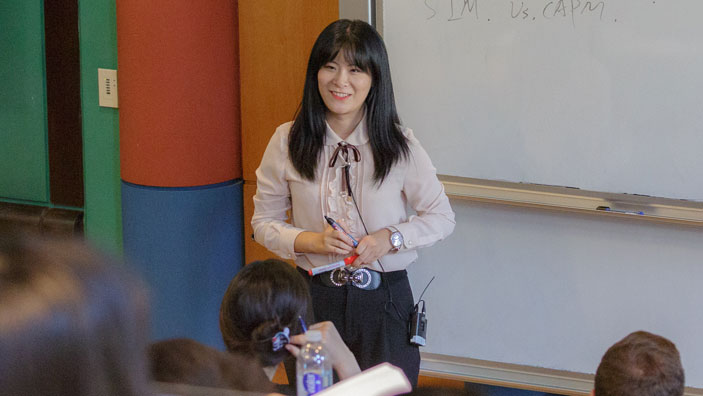Overview
In simple terms, a strategy is the position or stance an organisation adopts to compete, survive and succeed in its environment. Strategic management is the conception, management and execution of this position. However, these seemingly simple definitions hide tremendous complexities. For example:
- how are strategies selected?
- why do organisations end up with suboptimal strategies?
- how do managers recognise what resources to develop, which organisations to ally with (or acquire) and when?
- why do organisations repeatedly overlook major strategic threats?
- how does the composition of a top management team determine the success or failure of a firm?
- what role do external stakeholders, such as analysts or traders, play in determining a firm’s strategy?
These and hundreds of other questions are what keep strategy scholars busy!

In answering these important questions, strategy scholars often draw upon theories and insights from strategic management, economics, psychology, sociology, political science, anthropology and sometimes even the natural sciences. At Cambridge Judge Business School, there are 2 streams you can follow to obtain a PhD in Strategic Management. The 2 streams differ in terms of:
- the theoretical perspectives they deploy
- the methodological approaches
- what masters degree you initially take.

